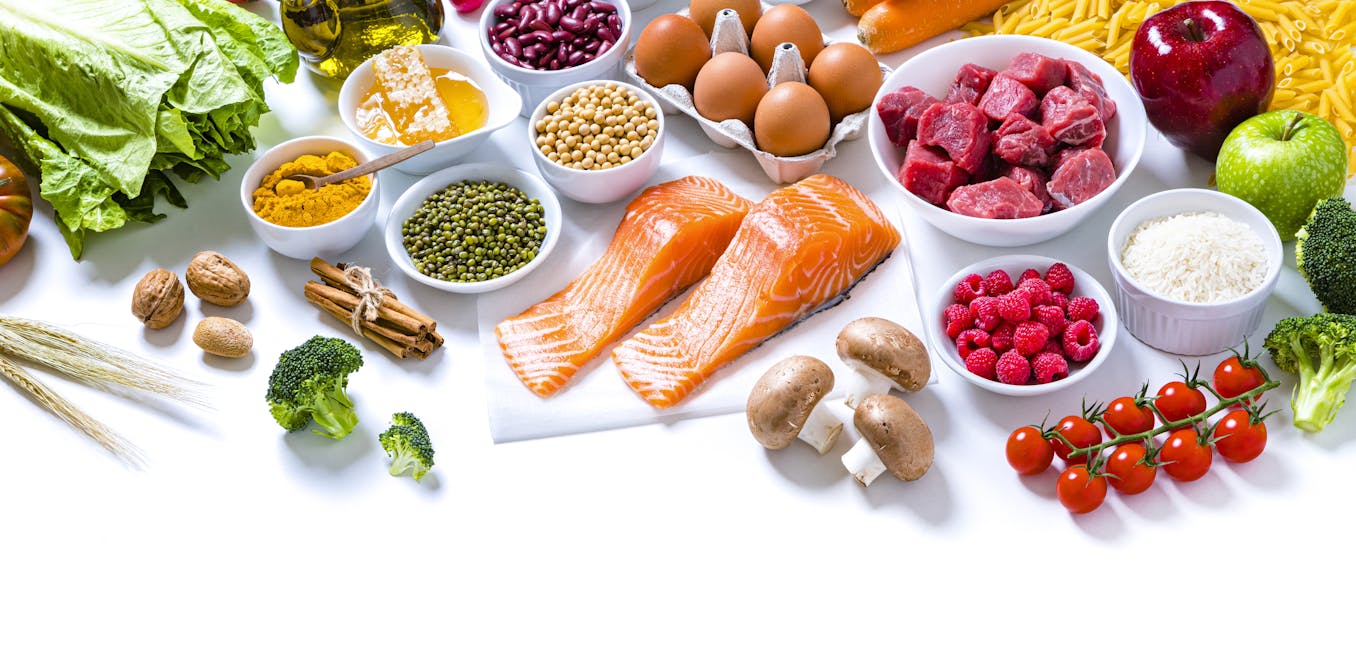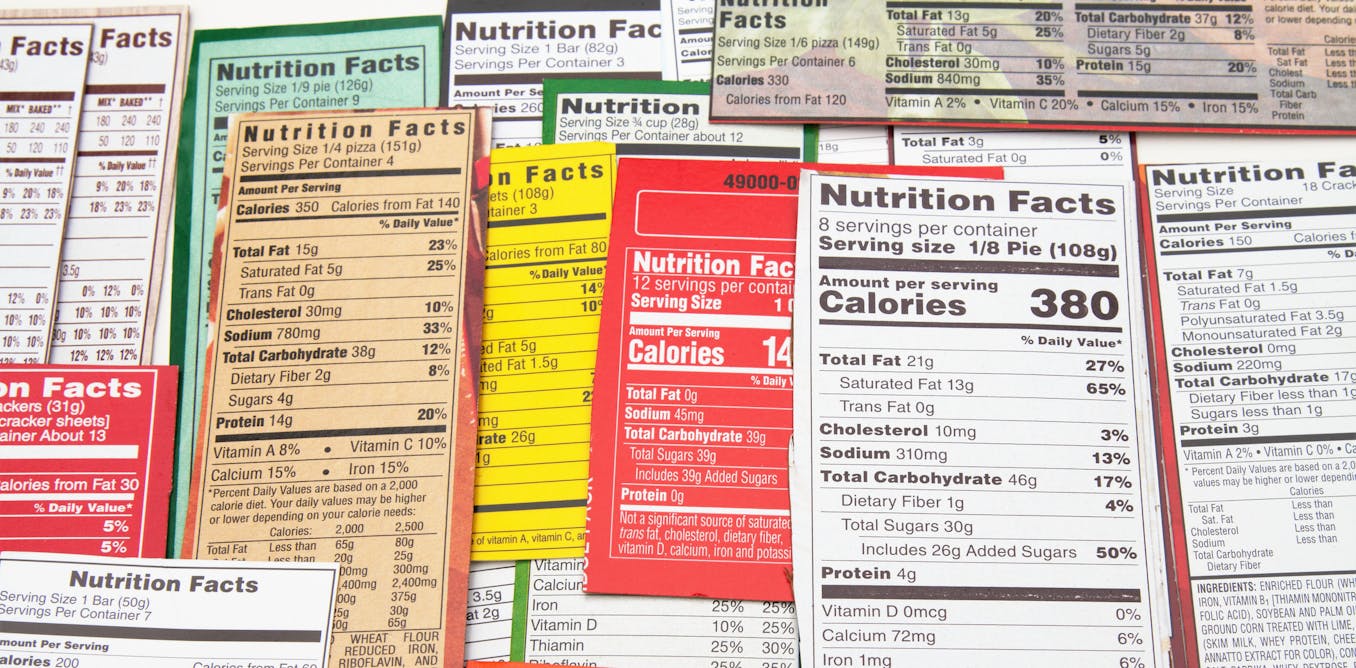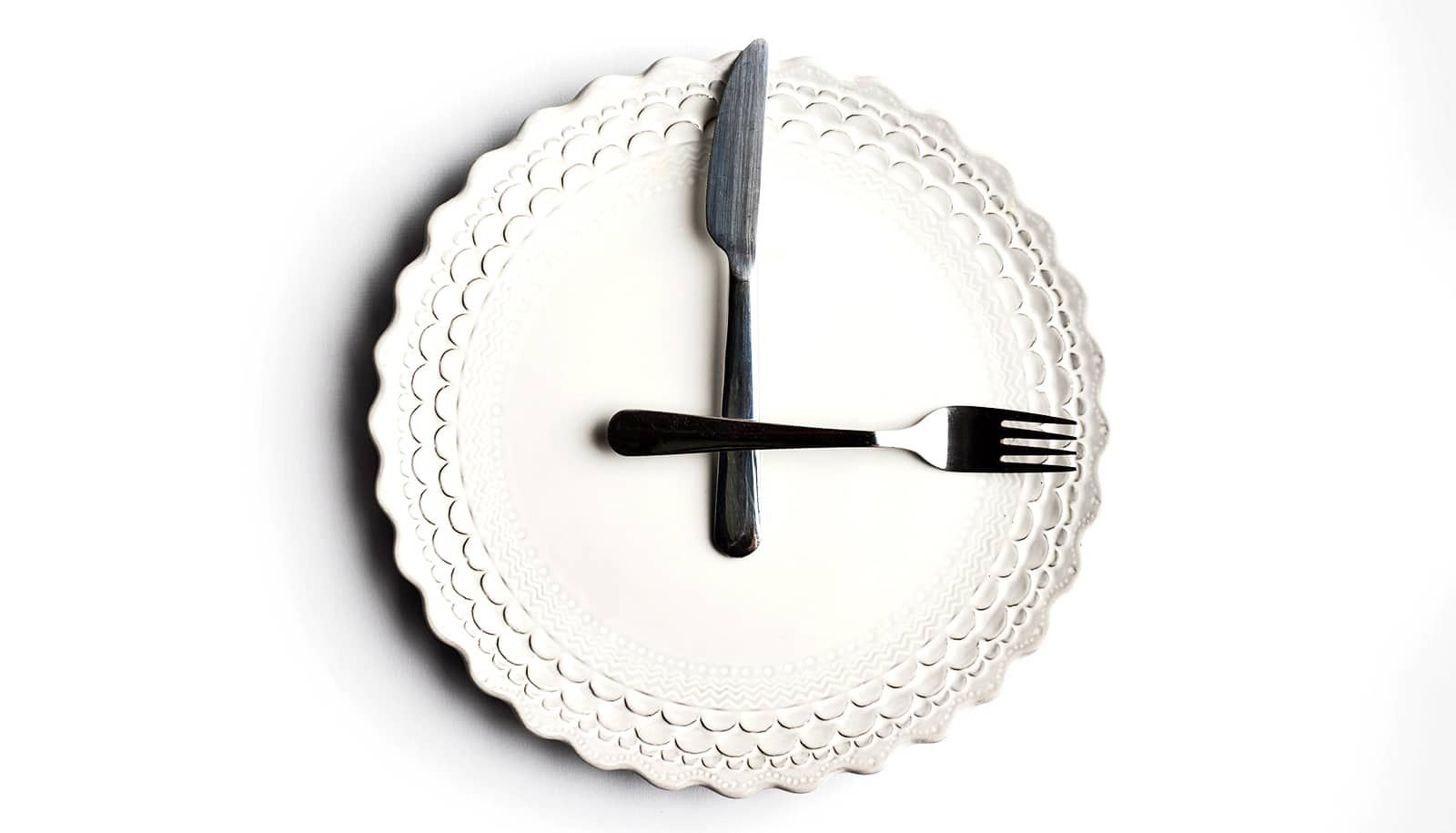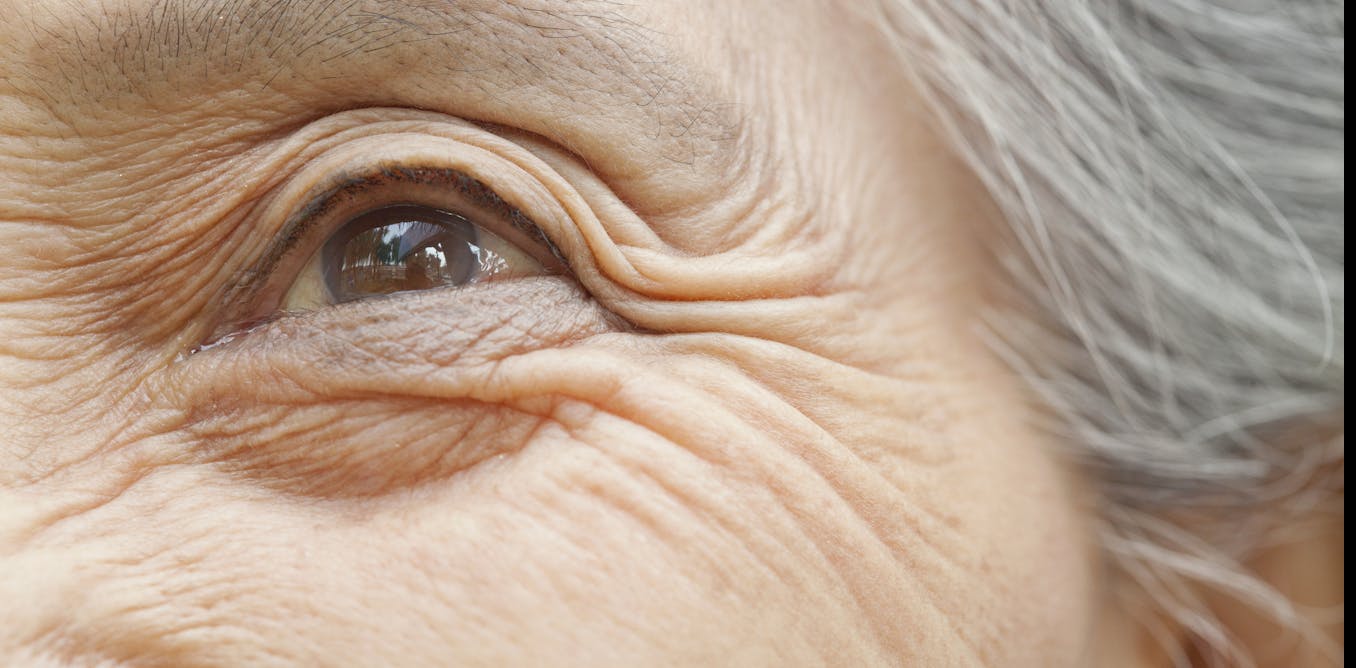Calorie counts on menus and food labels may not help consumers choose healthier foods, new research shows
Knowing how many calories a food contains has become a familiar part of eating. But it may muddy rather than clarify a person’s understanding of how healthy that food is.
May 12, 2025 • ~5 min










